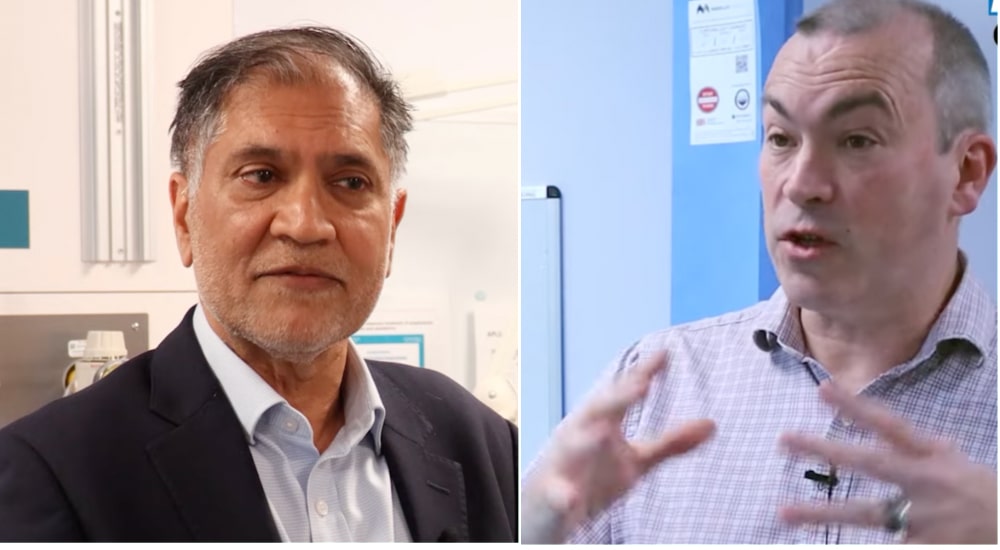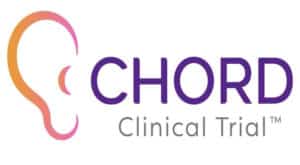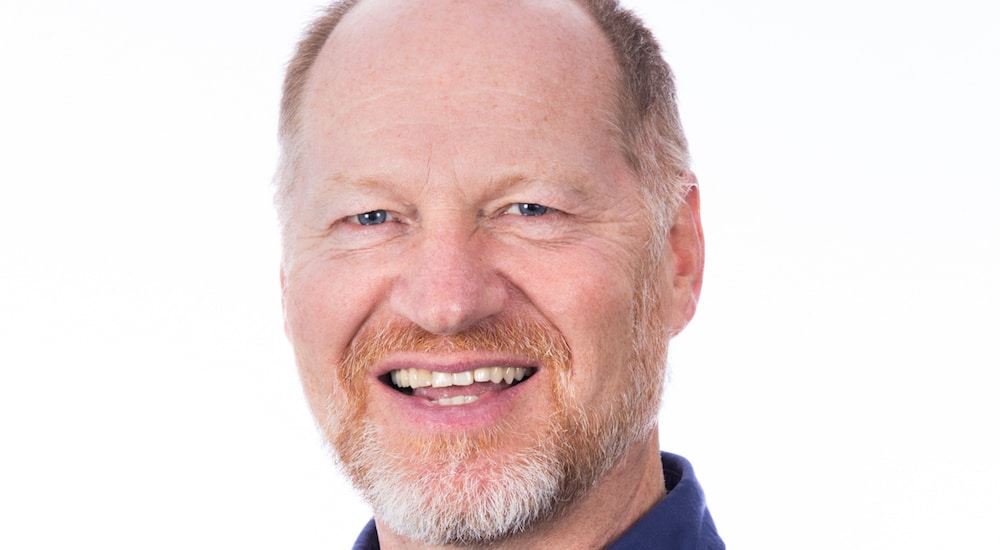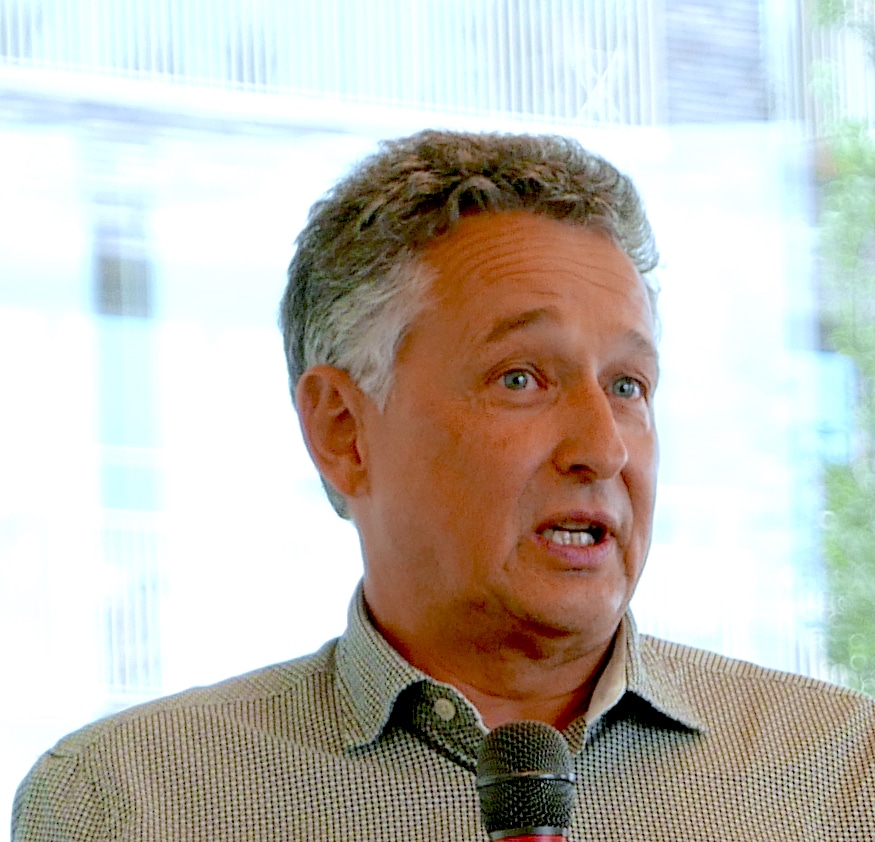"Mind-blowing" gene therapy success brings auditory neuropathy child near normal hearing
Success in ongoing global trial marks a "new era in the treatment for deafness", says research surgeon.

Just 24 weeks after receiving a gene therapy infusion in the form of a harmless virus (AAV1), a tot born deaf with auditory neuropathy can hear unaided at “close to normal hearing levels for soft sounds such as whispering” in her treated ear.
Opal Sandy, now 18-months-old, was given a working copy of the OTOF gene, the mutation of which is responsible for the absence of the otoferlin protein that allows inner hair cells in the ear to communicate with the hearing nerve. This condition – auditory neuropathy – affects approximately 20,000 people across the UK, Germany, France, Spain, and Italy.
Opal, from Oxfordshire, was the first patient treated in a global gene therapy trial – CHORD, sponsored by Regeneron – and she is the youngest child to receive the treatment. CHORD was started in May 2023, and aims to show whether gene therapy can provide hearing for children born with auditory neuropathy. It is reported to be developing “mind-blowing” results.
The treatment was delivered to Opal’s right ear via an injection in the cochlea during surgery under general anaesthesia at Addenbrooke’s Hospital, Cambridge. That process took 16 minutes, although Opal was had a cochlear implant fitted in her left ear. Patients are being enrolled in the CHORD study in the US, UK and Spain. Another child has also recently received the gene therapy treatment at Cambridge University Hospitals, with positive results.
Gene therapy is the future of audiology, says Cambridge professor
Professor Manohar Bance, an ear surgeon at Cambridge University Hospitals NHS Foundation Trust and chief investigator of the trial, called the results with Opal “spectacular”.
“It marks a new era in the treatment for deafness. It also supports the development of other gene therapies that may prove to make a difference in other genetic related hearing conditions, many of which are more common than auditory neuropathy,” said Prof. Bance.
“Gene therapy has been the future in otology and audiology for many years and I’m so excited that it is now finally here. This is hopefully the start of a new era for gene therapies for the inner ear and many types of hearing loss,” he enthused.
Mutations in the OTOF gene can be identified by standard NHS genetic testing. Opal was identified as being at risk as her older sister has the condition; this was confirmed by genetic test result when she was 3 weeks old.
Opal’s 24-week results, alongside other scientific data from the CHORD trial were being presented at the American Society of Gene and Cell Therapy (ASGC) in Baltimore, USA in early May, 2024.

© CUH
Dr. Richard Brown, Consultant Paediatrician at CUH and Investigator on the CHORD trial, stressed the development of genomic medicine and alternative treatments as “vital for patients worldwide”.
“Within the new planned Cambridge Children’s Hospital, we look forward to having a genomic centre of excellence which will support patients from across the region to access the testing they need, and the best treatment, at the right time,” said Dr. Brown.
Source: Cambridge University Hospitals NHS Foundation Trust


